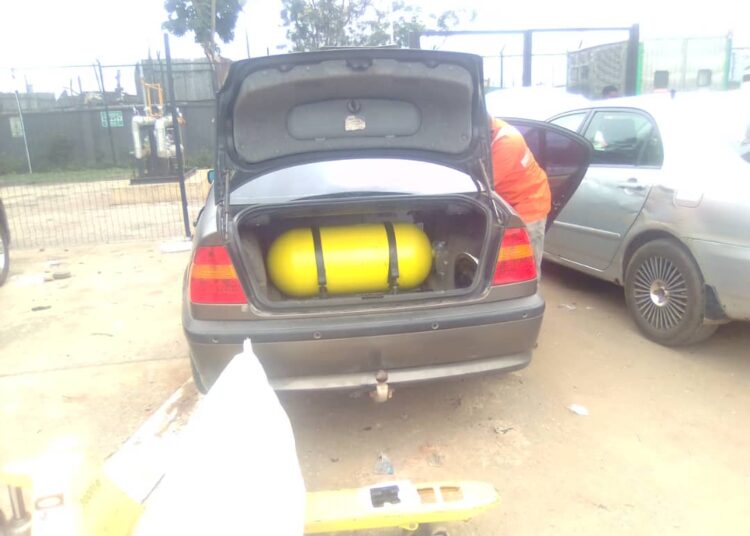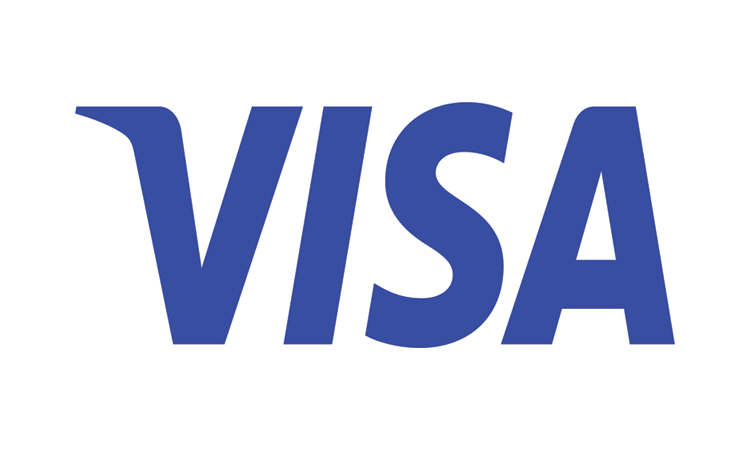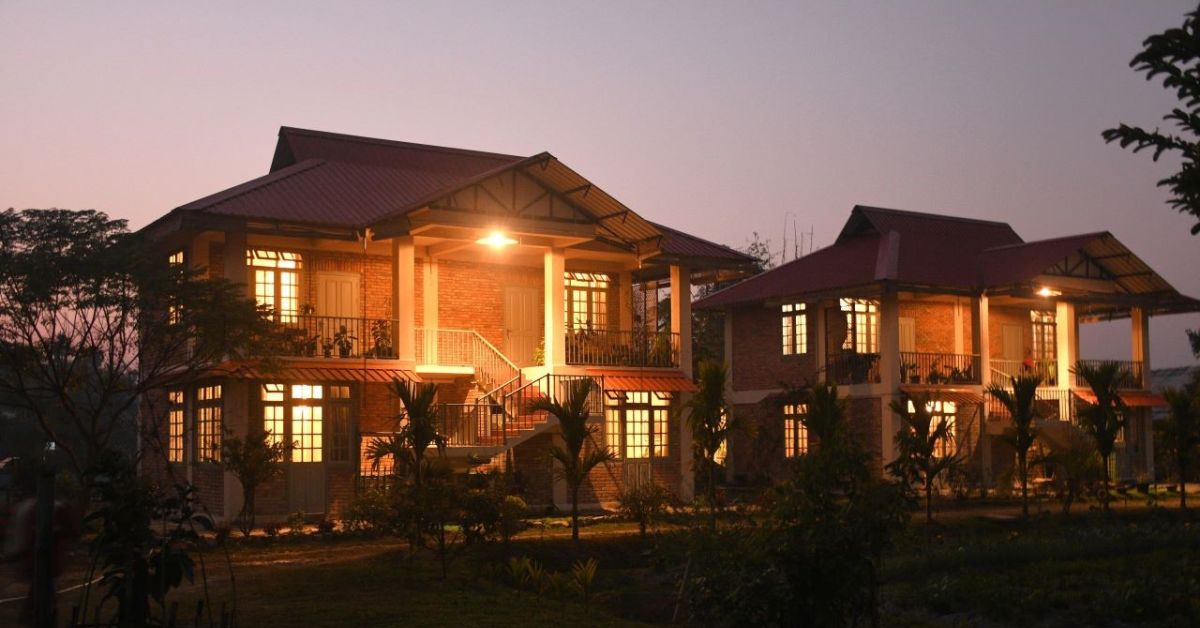The Malaysian government’s recent decision to phase out the use of Compressed Natural Gas (CNG) for vehicles by July 2025 has raised eyebrows in Nigeria, where the government is actively promoting it as a viable alternative to petrol. Malaysian Transport Minister Anthony Loke explained that the decision prioritises the safety of road users and the public, citing concerns about the risks associated with ageing CNG tanks nearing the end of their safe usage life. At a press conference, Loke stated, “These NGV tanks have a safe usage lifespan of approximately 15 years, and if they are not replaced, they become unsafe to use and may fail at any time.
” The phase-out is expected to affect approximately 44,383 active NGV vehicles in Malaysia, including taxis, private cars, buses, and machinery, representing just 0.2% of the nation’s total registered motor vehicles. The government-owned oil and gas company Petroliam Nasional Berhad plans to gradually stop the sale of CNG at its stations starting July 1.
Minister Loke also announced support programs for NGV taxi drivers, dual-fuel vehicle owners, and those with fully NGV-powered vehicles. In contrast, under President Bola Tinubu, the Nigerian government has advocated for CNG vehicles as a safer and more economical alternative to petrol. In August 2023, Tinubu approved establishing the Presidential Compressed Natural Gas initiative to mitigate the impact of fuel subsidy removal on citizens, claiming that over 100,000 vehicles ha.



















